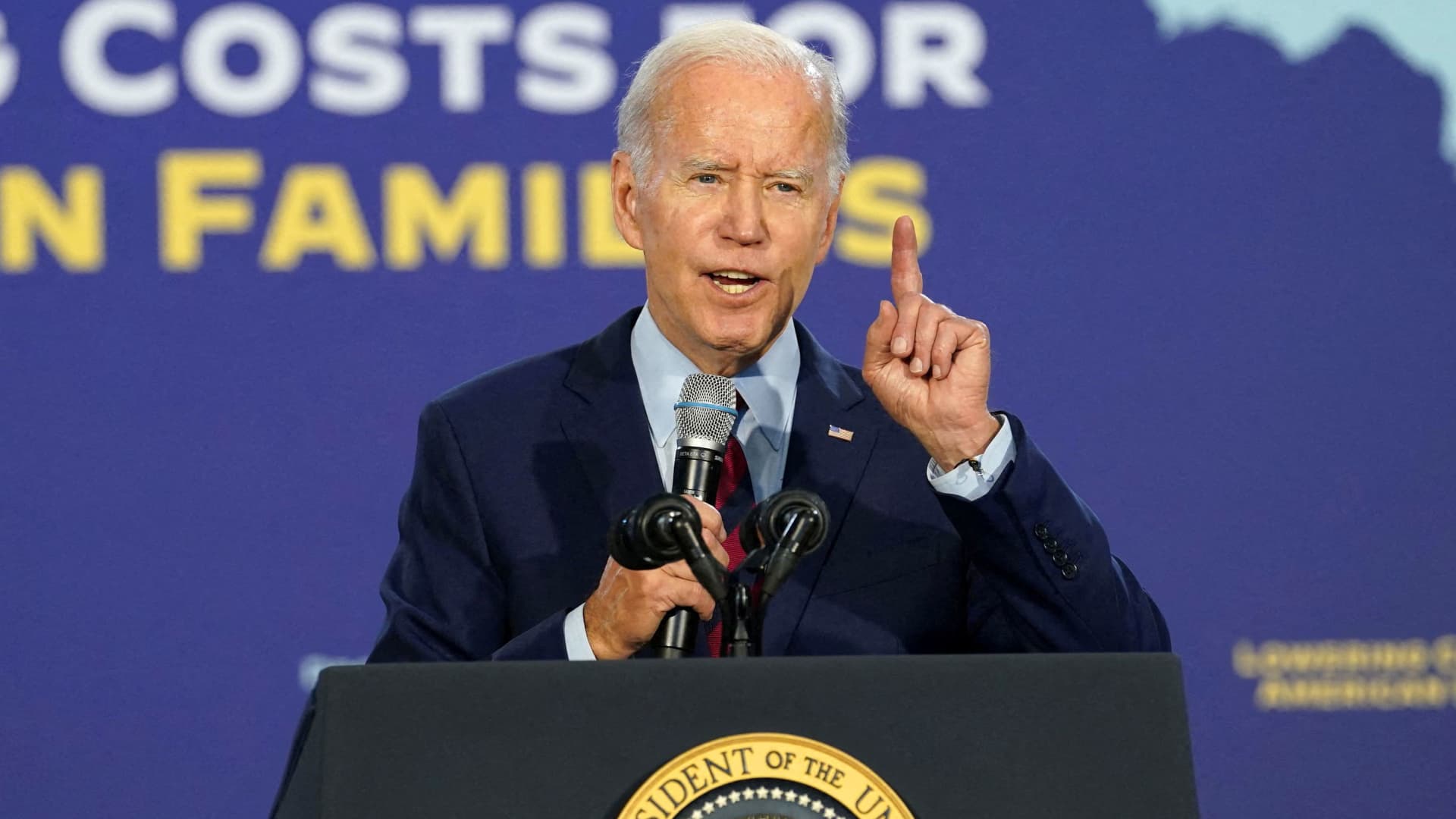- cross-posted to:
- health@lemmy.world
- cross-posted to:
- health@lemmy.world
The Biden administration on Thursday asserted its authority to seize the patents of certain costly medications in a new push to slash high drug prices and promote more pharmaceutical competition.
The administration unveiled a framework outlining the factors federal agencies should consider in deciding whether to use a controversial policy, known as march-in rights, to break the patents of drugs that were developed with federal funds but are not widely accessible to the public. For the first time, officials can now factor in a medication’s price — a change that could have big implications for drugmakers depending on how the government uses the powers.
“When drug companies won’t sell taxpayer-funded drugs at reasonable prices, we will be prepared to allow other companies to provide those drugs for less,” White House National Economic Advisor Lael Brainard said during a call with reporters Wednesday.



That’s actually not that much per drug - approximately 100 million, when the average drug costs over a billion to bring to market. I think the drug companies may have a point when they say
On the other hand
I don’t think it’s fair for Americans to subsidize the healthcare of equally wealthy people in other countries. There’s a possible win-win situation in which the US government helps protect the interests of American drug companies abroad in exchange for lower domestic prices.
This is an interesting article.
That’s a nice sentiment, but the drug companies are voluntarily selling internationally at lower prices. There’s no “protecting the interests” drone strike we can make when the big pharma is doing the rate setting itself (negotiating, true, but still a voluntary choice). The proper fix would be to mandate that any drug that had any Federal research may not be sold in the US for more than in any other part of the world and that fee may not exceed (make up a number) 10x the production cost, with distribution not allowed to exceed 50% of the cost of the retail price of the medication and delivery not to exceed 125% of commercial shipping rates.
The USA can do quite a lot via trade deals, but what you’re suggesting actually goes a lot further than what I had in mind to force other countries to pay more for drugs rather than simply reaping the benefits of American spending. Since the majority of drug profits come from the USA, drug companies would drop low-paying foreign markets rather than reduce American prices. This would simply lock out poor countries that can’t pay more than they do (maybe you would make an exception for them) but as long as the USA also enforced treaties protecting American patents, wealthy Europeans would have little choice except to pay their fair share.
(I think actually doing all that would be a major international-relations blowup, with a lot of retaliation by countries exporting to the USA. I’m also not sure it would be legal in the context of existing treaties. But it would get the job done…)
Other countries dont need to pay more for drugs. Pharma companies are taking advantage of Americans, having tax dollars fund research and then chsrging exorbitant prices to those same taxpayers.